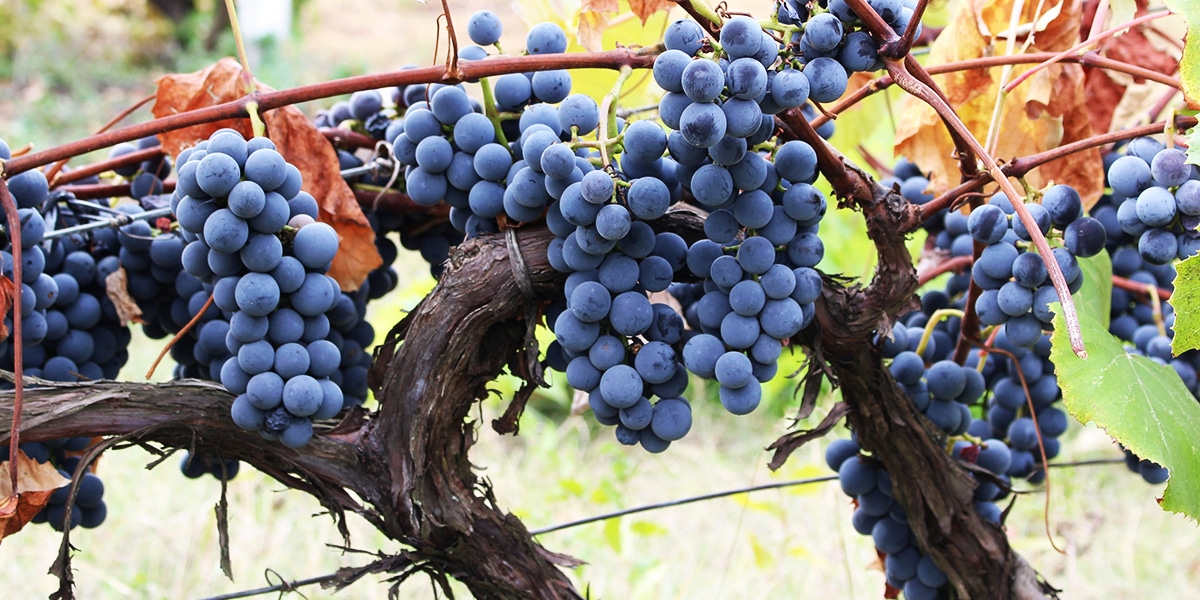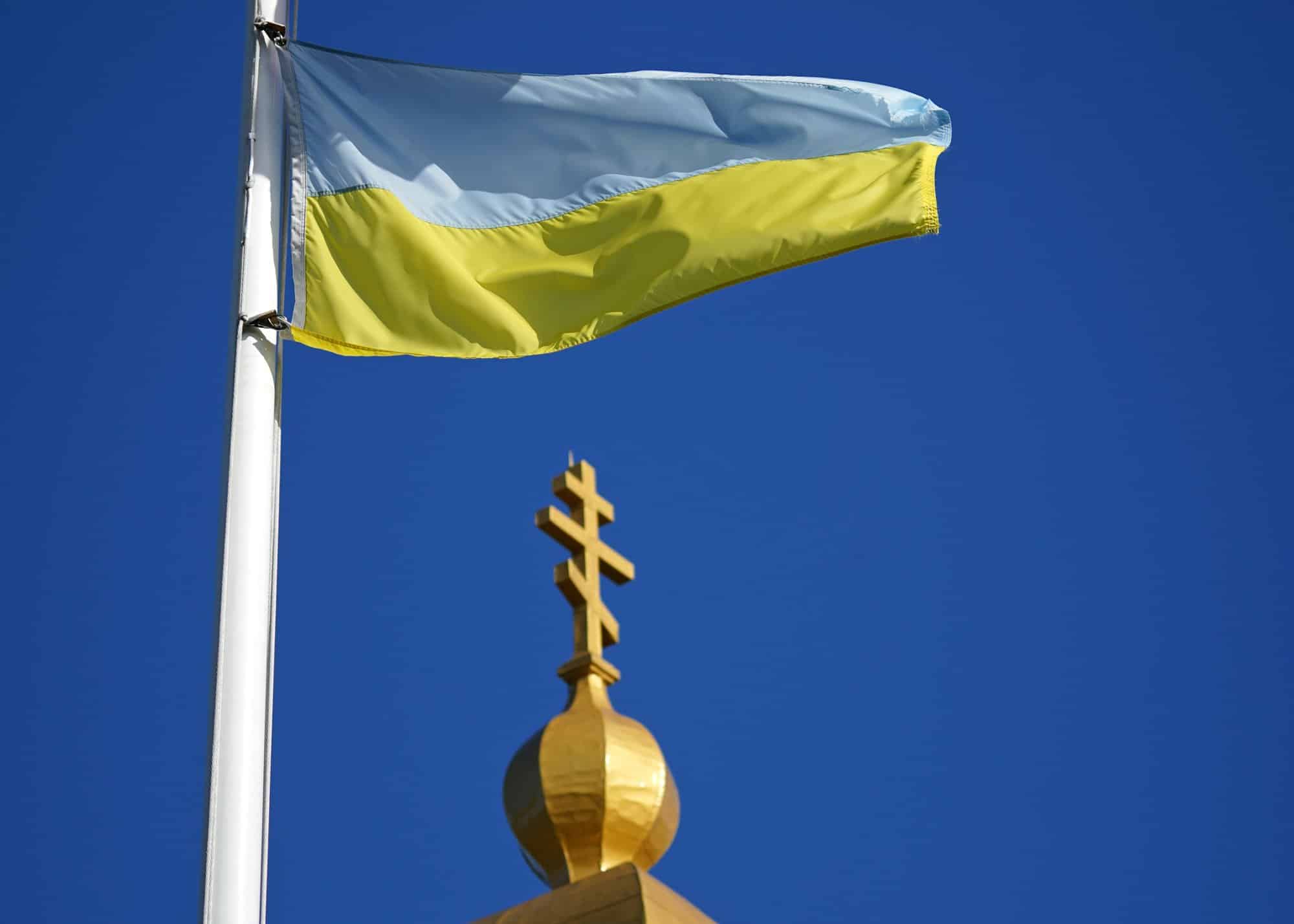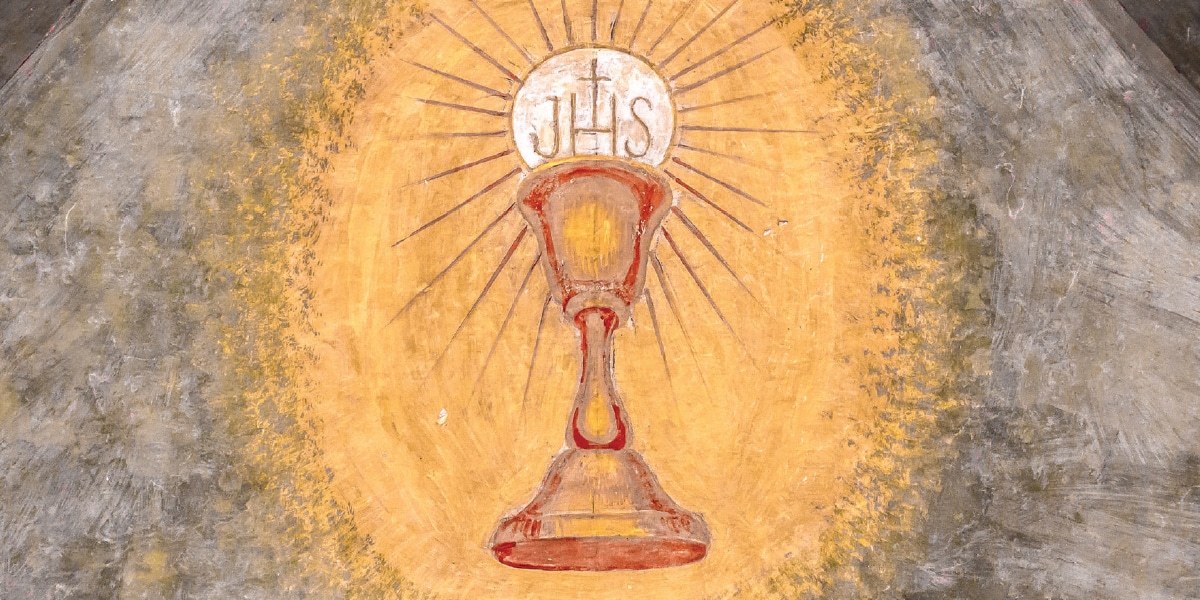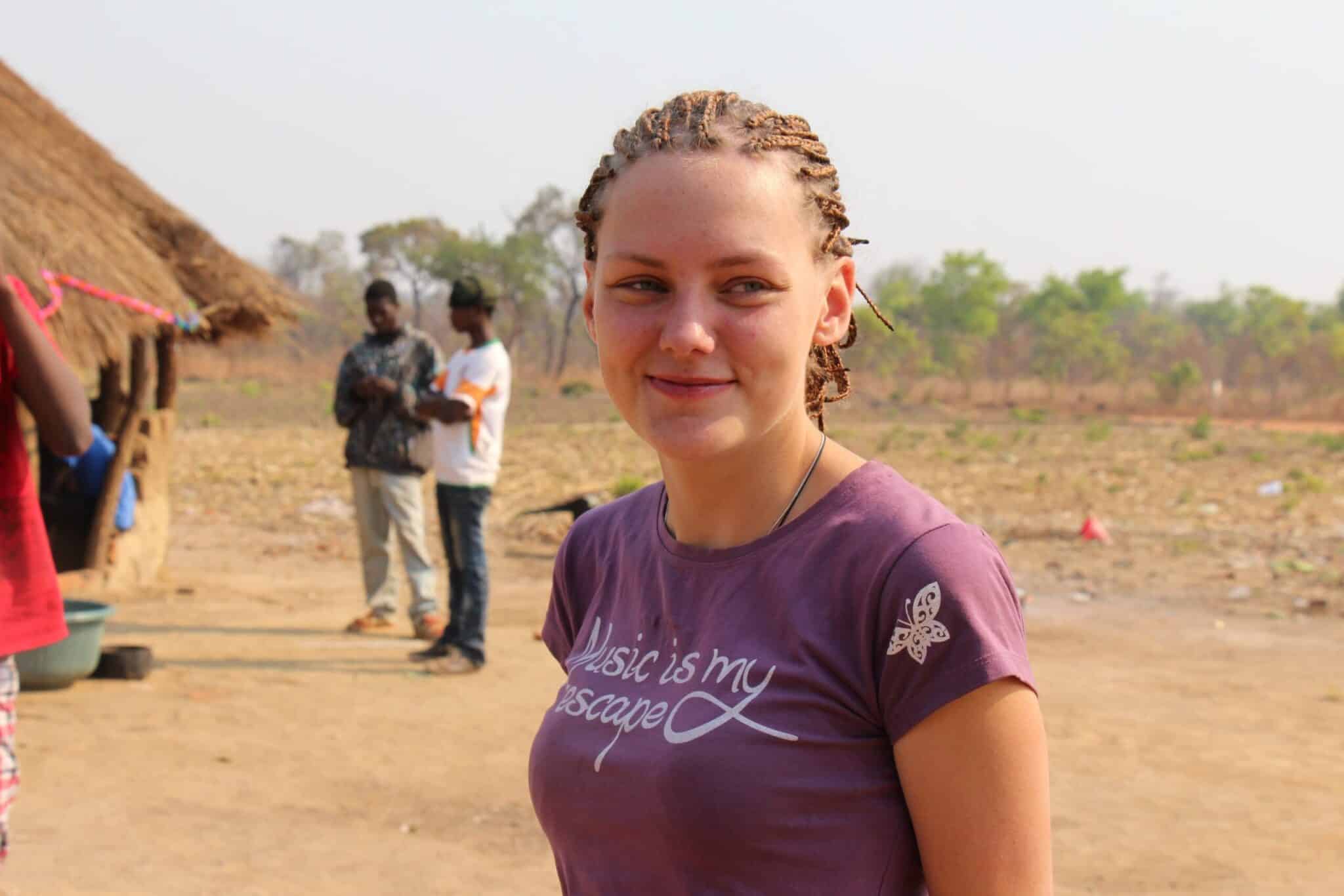My good friend and former pastor Father Tom Lynch would often say, “Life turns on a dime.” He was generally saying this in reference to Matthew 24:42: “Therefore, stay awake! For you do not know on which day your Lord will come.” Father Tom talked about how your life could be humming along, most things going smoothly, when something happens—a death, illness, loss of job, anything—and your life is turned upside down.We have all experienced positive and negative events that have changed us.
Two years ago, while I was working in Washington, DC, my wife received a phone call from the Savannah, Georgia, police telling us that our son had been shot and was in critical condition in a hospital. Thankfully, my son survived, but our lives were changed. How we react to these life-changing events defines who we are. This is true not only for us as individuals but also for society as a whole.
As a result of the COVID-19 crisis, our world has been turned upside down. Everything has changed. We now use terms like “shelter in place,” and we practice social distancing. Stores ration hard-to-find items. Parents have learned how to be teachers. Children have virtual birthday parties, weddings are canceled, and we are forced to remotely mourn our loved ones who have passed. Previously, I traveled across the country on a bus going from state to state as part of Vote Common Good. Now we organize online events. Our lives have indeed turned on a dime.
What Is Normal?
As we spend more time socially distanced, we hear people say they cannot wait for things to get back to normal. But what exactly is normal? For many of us, it is working, having friends over, maybe going out for dinner or a movie. We might regularly attend church or volunteer at a food pantry. Normal means settling into a comfortable routine not really affected by the suffering of the poor and marginalized.
But for many others it is a different story. For young black men like my son, “normal” is frequently being pulled over for driving while black and fearing that they may be shot. For women, “normal ” often means making less money than men for doing the same work and being sexually harassed or assaulted. For some immigrants, it means fleeing violence and death in your country only to have your children taken away from you at the US border. For schoolchildren, “normal” is having drills in case an active shooter should come to their school.
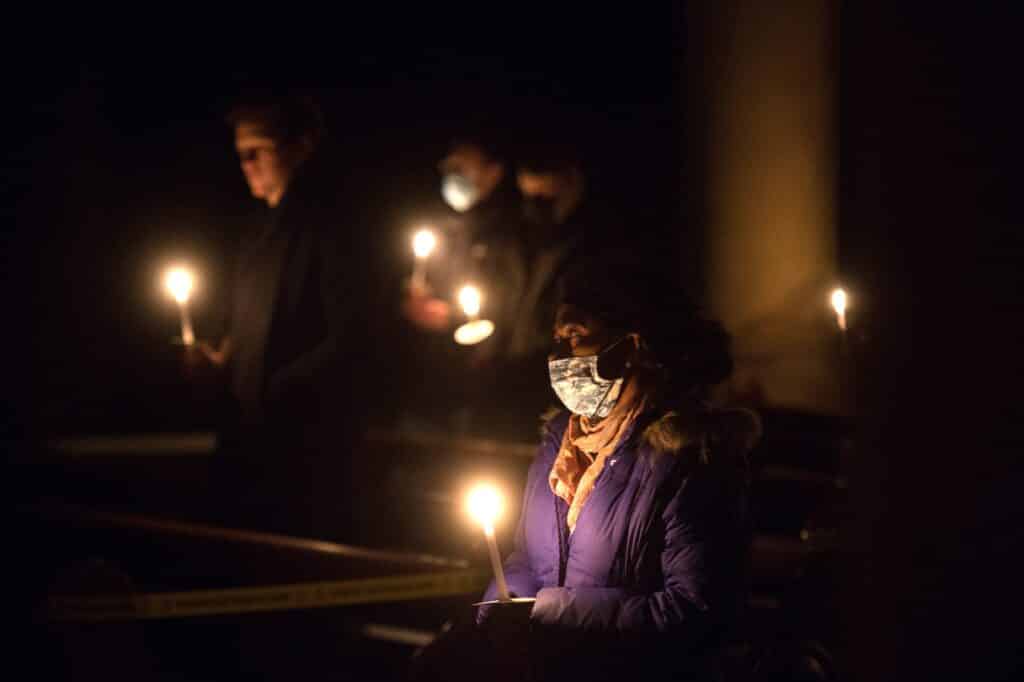
“Normal” is giving tax cuts to the wealthy while cutting programs to feed the poor. It is the growing inequality between the rich and the poor, where the wealthy can spend a million dollars on a car and poor families are trying to make sure there’s enough food on the table and praying that no one gets sick because they cannot afford health care.
“Normal” is 1.3 billion people living in extreme poverty and 10,000 children dying from hunger every day. It is ignoring the damage we are doing to God’s wondrous and beautiful creation while nearly 2,000 different species go extinct every year.
Is this really the normal we want?
Come Together
If there’s one lesson we have learned from the current pandemic, it is that we are all connected to each other. What happens to one of us affects all of us. I believe this is the message that Jesus is teaching us in Matthew 25:40: “Whatever you did for one of these least brothers of mine, you did for me.”
Jesus’ early followers understood this. In the first days of the Church, disciples “devoted themselves to . . . communal life, to the breaking of the bread and to the prayers. . . . All who believed were together and had all things in common; they would sell their property and possessions and divide them among all according to each one’s need” (Acts 2:42, 45).
Their vision was not of a Jesus who died on the cross so an avenging God might forgive a sin that was committed thousands of years ago. Rather, as Marcus J. Borg and John Dominic Crossan write in The Last Week: “His protest was against a domination system legitimated in the name of God, a domination system radically different from what the already present and coming kingdom of God, the dream of God, would be like.”
We know that this ideal community didn’t last long. We hold on to this vision, hoping that it may again be realized. Someday we might do as Jesus told us in Mark 8:34: “Whoever wishes to come after me must deny [themselves], take up [their] cross, and follow me.” Instead, we have built a theology around separation and individualism, where we are here only for the sole purpose of “getting to heaven.”
Something is good only if it serves the purpose of getting us to heaven. Instead of taking up the cross as Jesus told us to, we created a theology around worshipping the cross. This theology is called substitutionary atonement—the idea that the cross was necessary and required as an atonement for original sin.
In his Easter message, Pope Francis said, “I hope that this time of danger will free us from operating on automatic pilot, shake our sleepy consciences, and allow a humanist and ecological conversion that puts an end to the idolatry of money and places human life and dignity at the center.” COVID-19 has demonstrated the power of our collective will when we agree on what is important.
Pope Francis encouraged political leaders to “work actively for the common good.” St. Francis viewed the earth and all nature as God’s creation, a place of continual incarnation. St. Bonaventure tells us that how we choose and what we choose make a difference—first in what we become by our choices and second in what the world becomes by those same choices.
Choose Wisely
At some point, this crisis will end. A vaccine will be developed; the shelter-in-place and the safe distancing measures will be lifted. Then we will have a choice: Do we want to go back to the same “normal” of inequality, discrimination, and separation? Or do we follow Pope Francis and work to do better?
We can come through this with a better appreciation of all of God’s creation. We can choose to live simply and full of gratitude as St. Francis taught us. Knowing how fragile life is, we can live more intentionally. We have the opportunity to come together with God to create a new normal, one based on the interconnectedness of all creation. But first we must rethink who we are. We need to change our paradigm; as Mark says simply, “No one pours new wine into old wineskins” (2:22).
But if we are to create a new normal, we must first throw away our theology of substitutionary atonement, a theology that Jesus was born because God demanded a sacrifice, a theology of separation. We need to reclaim the theology and message of Jesus, a message of peace, hope, and love—a message that, together with God and all creation, we can build a new creation, a heaven on earth.




